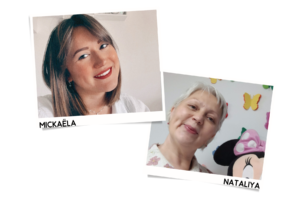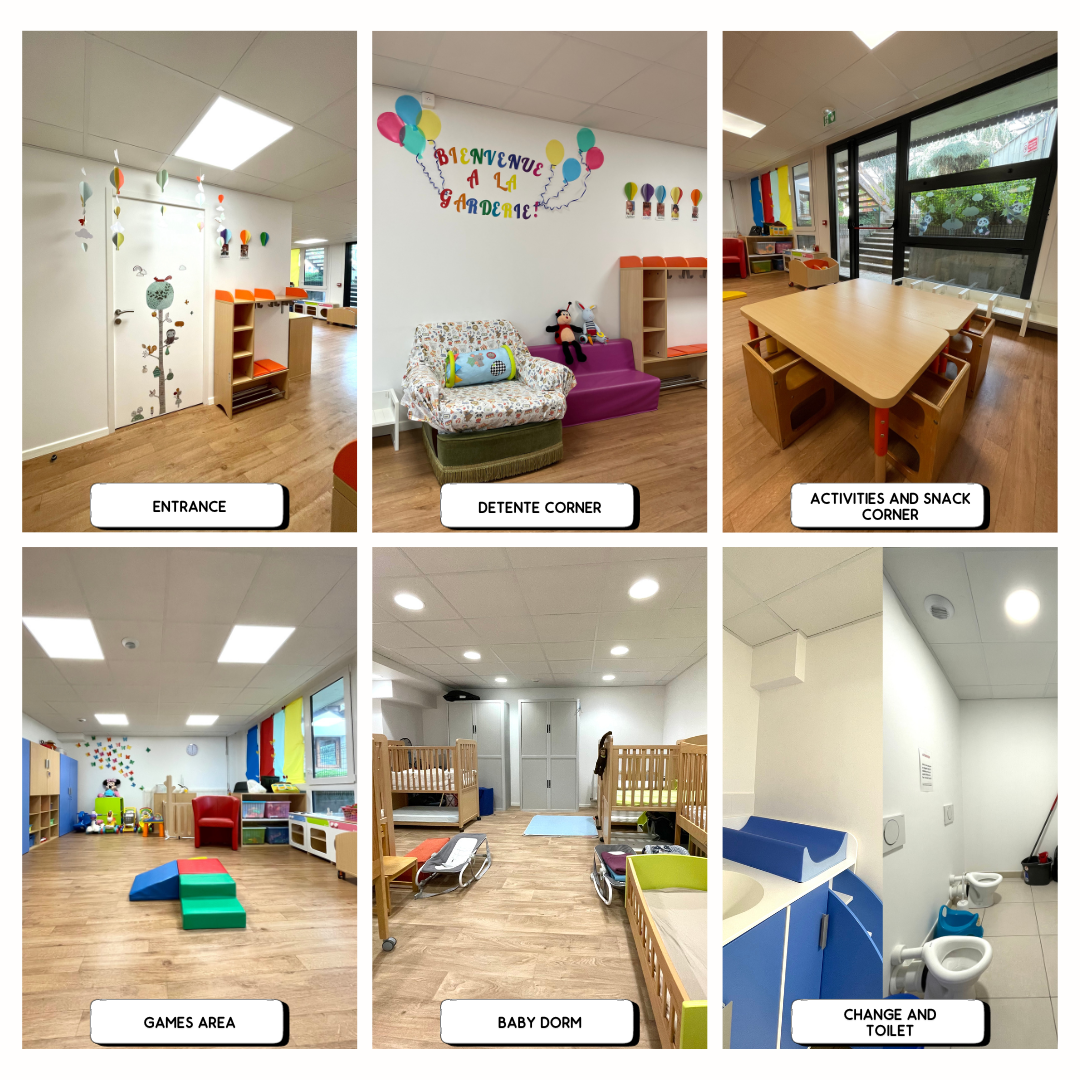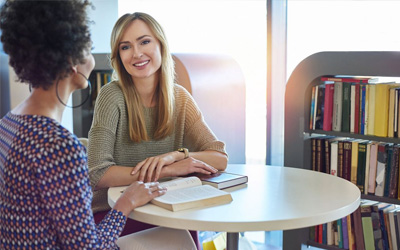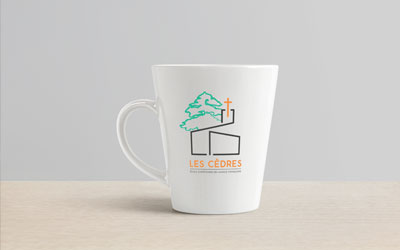Nursery of Les Cèdres

Several types of activities are set up. Free activities, where children apprehend the nursery space and games on their own. They are oriented by the supervisors. Several playgrounds are arranged so that your child can indulge in multiple scenarios (mini-kitchen, garage and cars, etc.). Supervisors encourage children to play together if they feel like it. Then, fun activities adapted to the age of your child are also organized (painting, awakening to music, motor skills, images/ reading, etc.).
The nursery staff ensures that your child’s autonomy is respected throughout the different times of the day (tasting, potty training, etc.)
Nursery managers: Nataliya and Mickaëla







